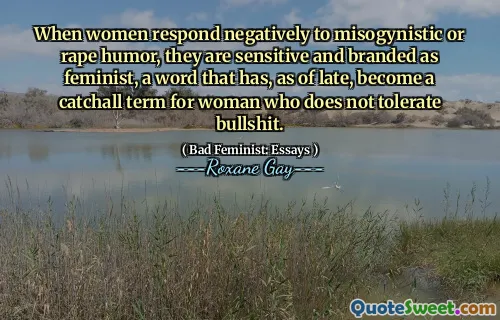Narratives about certain experiences are somehow legitimized when mediated through a man's perspective. Consider the work of John Updike or Richard Yates. Most of their fiction is grounded in domestic themes that, in the hands of a woman, would render the work "women's fiction." While these books may be tagged as "women's fiction" on Amazon.com, they are also categorized as literary fiction. These books are allowed to be more than what they are by virtue of the writer's gender, while similar books by women are forced to be less than what they are, forced into narrow, often inaccurate categories that diminish their contents. James
When narratives are told from a male viewpoint, they often gain legitimacy and broader recognition, as seen in the works of authors like John Updike and Richard Yates. Their focus on domestic themes is easily accepted as serious literature, whereas similar stories written by women are frequently labeled as "women's fiction." This labeling diminishes the perceived value of those works, confining them to a narrower category that does not accurately represent their complexity or depth.
The disparity in recognition highlights a gender bias in literary classification. Men’s stories are typically granted the status of literary fiction, allowing them to explore a wide range of themes. Conversely, works by women are often boxed into restrictive categories, limiting their reach and impact. This discrepancy illustrates a broader issue in the literary world where the narratives of women and their experiences are undervalued, as discussed by Roxane Gay in her book "Bad Feminist: Essays."






